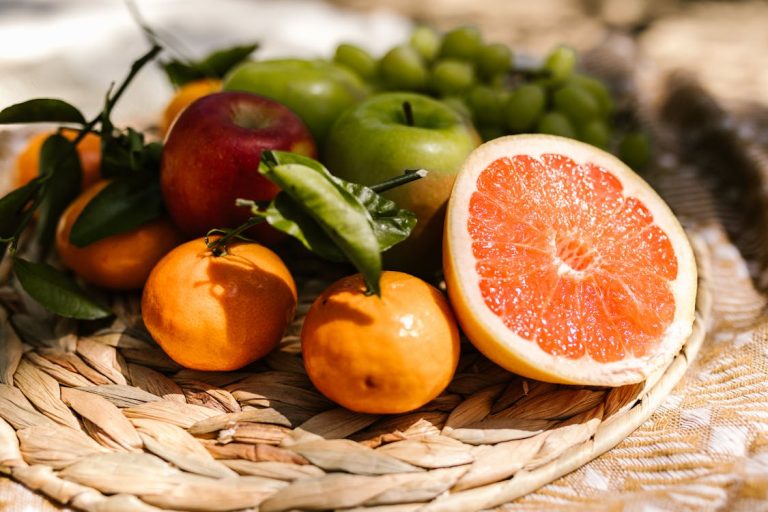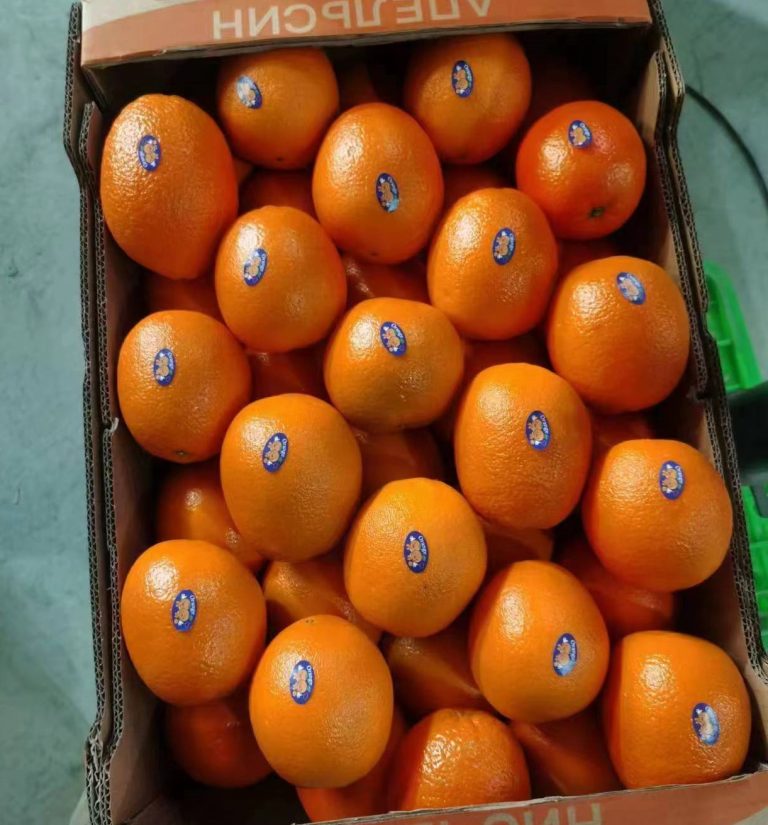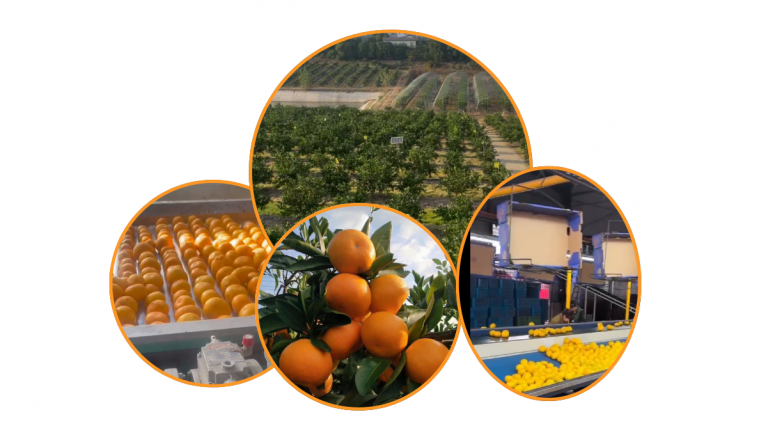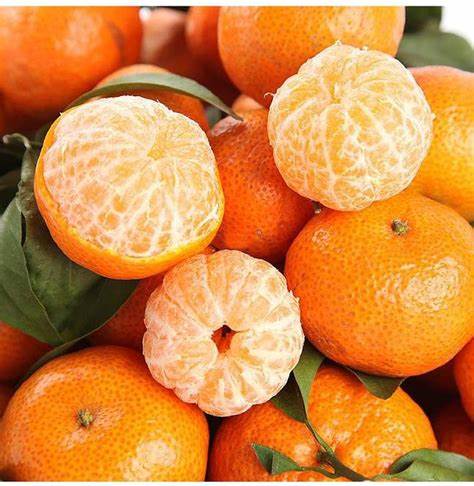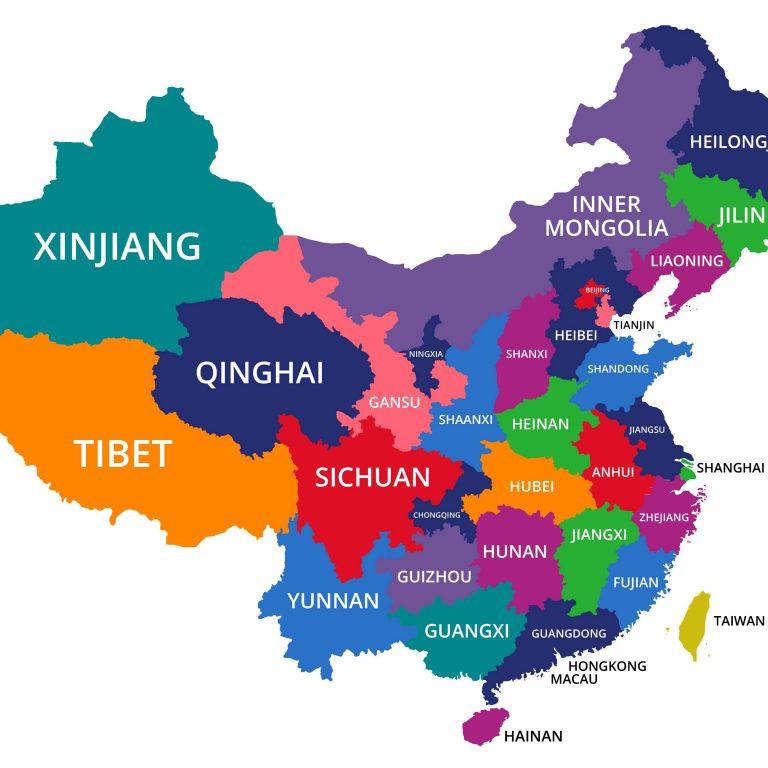The Cost of Importing Mandarin Oranges from China
Importing mandarin oranges from China can be a profitable venture, but it’s essential to understand the various costs involved to ensure a successful and cost-effective operation. Here’s a breakdown of the key factors that influence the overall cost:
1. Product Cost
The base price of mandarin oranges varies depending on factors such as variety, quality, and seasonality. For instance, in early December, southern Jiangxi oranges were sold at retail prices ranging from 7.2 to 19.8 yuan ($1.03 – $2.84) per kilogram, depending on quality grade.
2. Transportation and Logistics
Shipping fresh produce requires careful handling to maintain quality. Refrigerated containers are often necessary, which can increase transportation costs. It’s advisable to collaborate with reliable logistics companies to estimate these expenses accurately.
3. Import Duties and Taxes
Importing mandarin oranges involves specific tariffs and taxes that vary by destination country. For example, the Most-Favored-Nation (MFN) duty rate for certain fruit categories can be as high as 25%.
TransCustoms Additionally, other taxes such as value-added tax (VAT) may apply, depending on the country’s regulations.
4. Compliance and Documentation
Ensuring compliance with both Chinese export regulations and the import regulations of the destination country is crucial. This includes obtaining necessary permits, phytosanitary certificates, and adhering to inspection and quarantine requirements. Failure to comply can result in delays and additional costs.
5. Seasonal Variations
The cost of mandarin oranges can fluctuate based on seasonal availability. Prices may be lower during peak harvest times due to higher supply, while off-season imports might incur higher costs.
6. Currency Exchange Rates
Fluctuations in currency exchange rates can impact the overall cost of importing goods. It’s important to monitor these rates and consider their potential effect on your expenses.
7. Additional Considerations
- Minimum Order Quantities (MOQs): Suppliers may have MOQs that can affect pricing and total cost.
- Insurance: Insuring the shipment against potential losses or damages adds to the overall cost but provides financial protection.
- Storage: Depending on the logistics plan, storage fees may apply if the goods need to be held before distribution.
Conclusion
Importing mandarin oranges from China involves various costs that must be carefully evaluated to ensure profitability. By understanding and planning for these expenses, businesses can make informed decisions and establish a successful import operation.
At Primo Fruits, we are committed to providing high-quality mandarin oranges and assisting our clients in navigating the complexities of importation. Contact us today to learn more about our products and how we can support your business needs.
Sources

